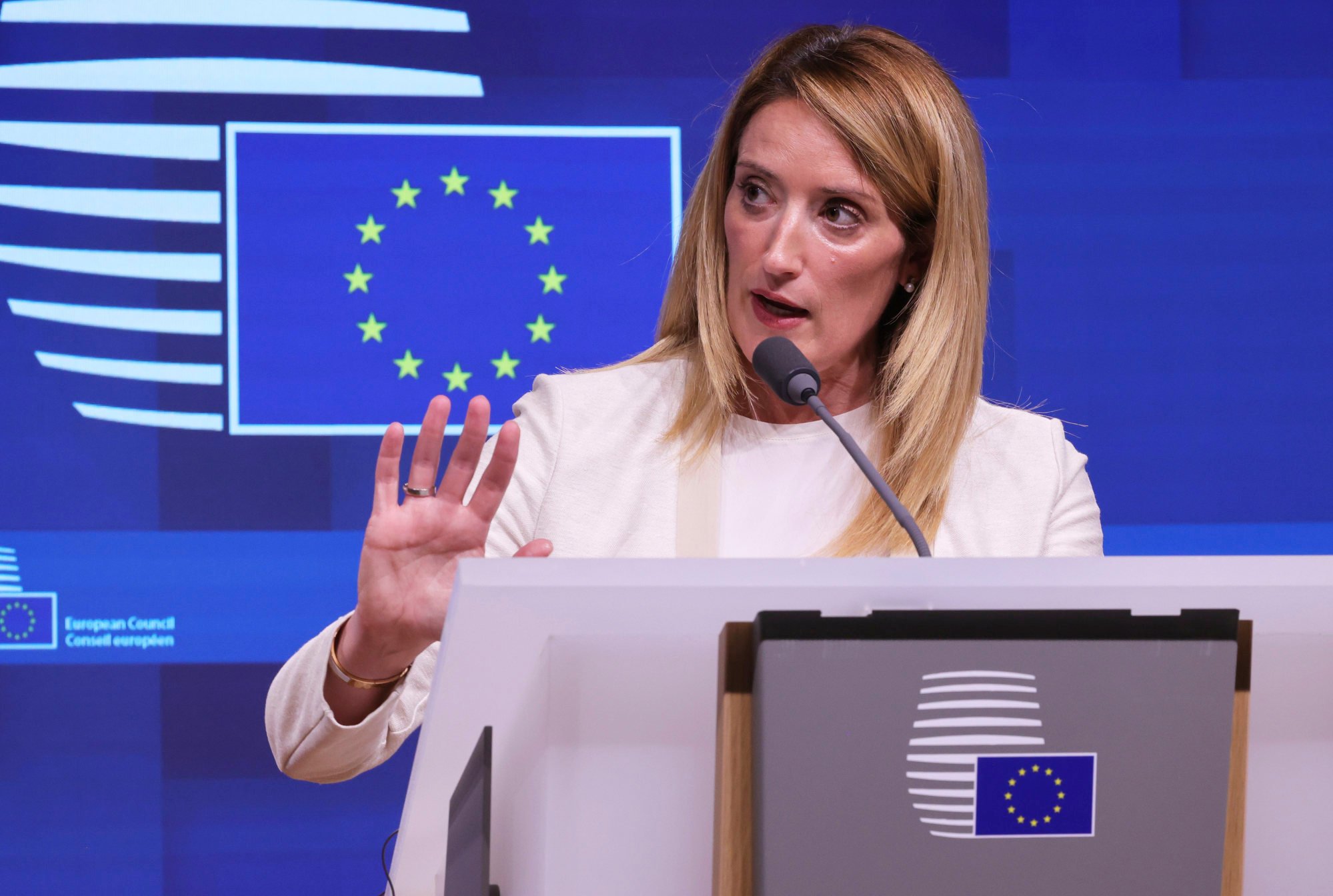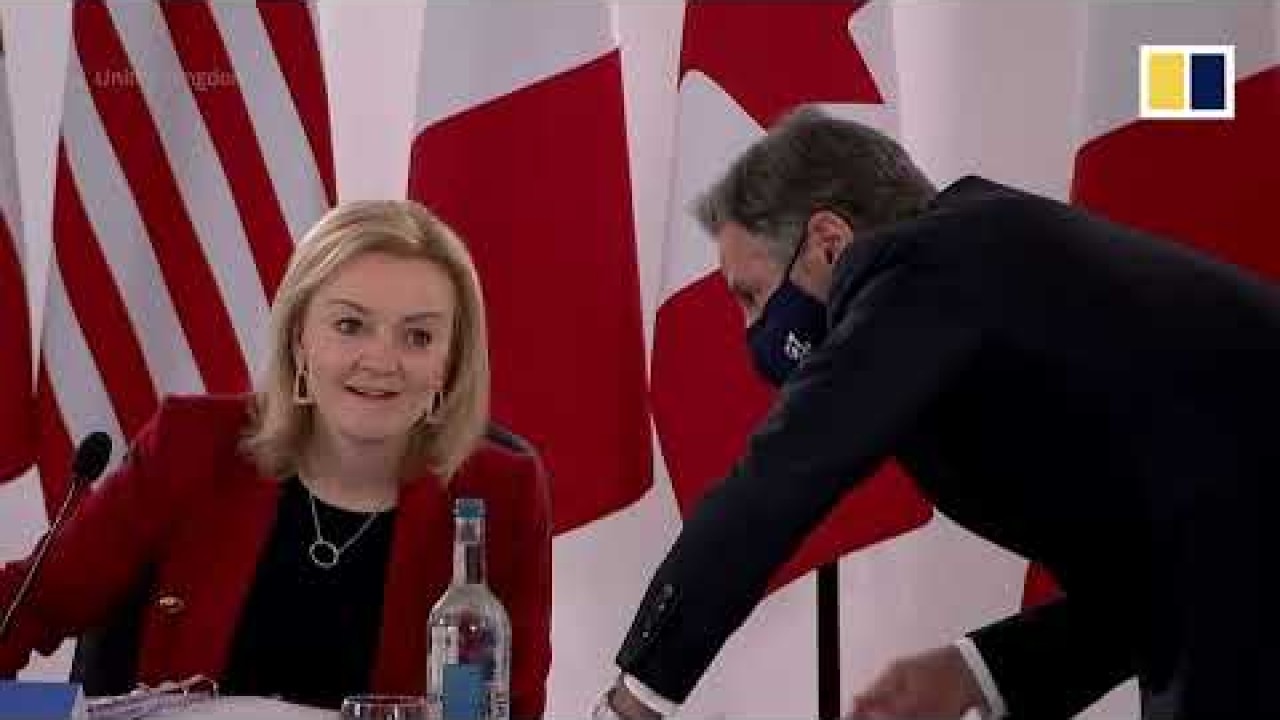
Why expect Liz Truss to tackle sexism and women’s issues especially?
- Expecting women to tackle it better sets up the view that female leaders somehow fail if they don’t advance women’s rights, when men don’t face such pressure
- But isn’t tackling institutional sexism and ensuring women’s safety and access to equal opportunities every leader’s job?
Very “girlboss”. But does it mean that Britain will become a better place to be a woman? Not necessarily.
And although Truss does not like being compared to Thatcher – saying “it is quite frustrating that female politicians always get compared to [her]” – like Thatcher, Truss seems to feel little solidarity with women.
According to biographer Allan Mayer, Thatcher saw her gender as irrelevant, accused working mothers of creating a “creche generation”, and did not commit to balancing female representation in politics: during her tenure, she appointed only one woman to her cabinet, Janet Young.
So, no: electing a female leader isn’t necessarily a victory for women in the country.
So be it. The larger question is: why is a woman leader held to standards different from her male counterpart?
Expecting women to tackle the issue better than men sets up the view that female leaders somehow fail if they don’t advance women’s rights, while such pressure isn’t applied to their male counterparts. But isn’t ensuring women’s safety and access to equal opportunities every leader’s job?

The assumption that women leaders have to tackle sexism persists because representation continues to be seen as synonymous with systemic change. While it is crucial for women and girls to see themselves represented in politics, the power of representation only extends so far. An institution that hurts women will still hurt women, unless those in charge can push through the right changes.
Being a woman in power isn’t enough to empower others if policies don’t follow. That’s why Truss’s victory should only be perceived as an admirable personal achievement. This alone will not have much impact on women, unless the new prime minister decides to invest efforts in this direction.
Britain’s economy in a mess amid recession risk, inflation, energy crisis
It’s worth highlighting that some female leaders have agreed to take on this challenging mission and have done an outstanding job at addressing sexism and discrimination within their countries and institutions.
In Argentina with Cristina Fernández, in Iceland with Johanna Sigurdardottir, in Brazil with Dilma Rousseff, in New Zealand with Jacinda Ardern: all these female leaders have proved that fighting for policies empowering women have made their country a better place for everybody.
It is every leader’s job to support women’s rights, safety and empowerment. It’s time to accept that women leaders don’t naturally have the urge to do so, and cannot possibly tackle this century-long problem by themselves.
Salomé Grouard is production editor, social media, at the Post and a member of Lunar, an initiative that highlights key issues related to women and gender equality in Asia


